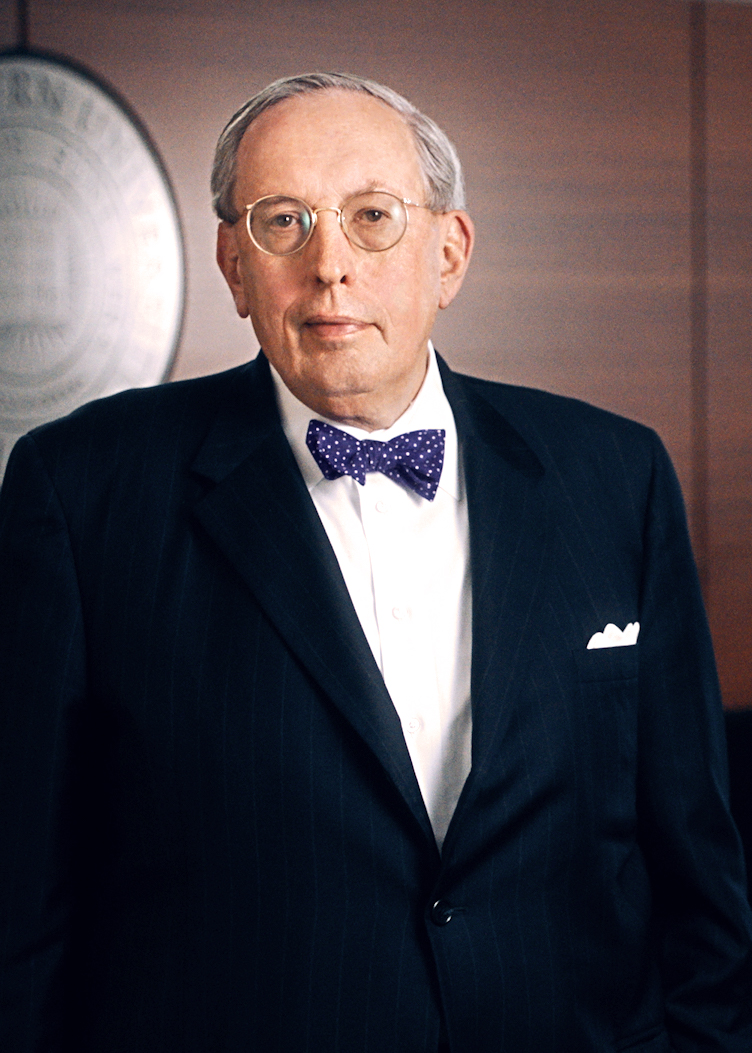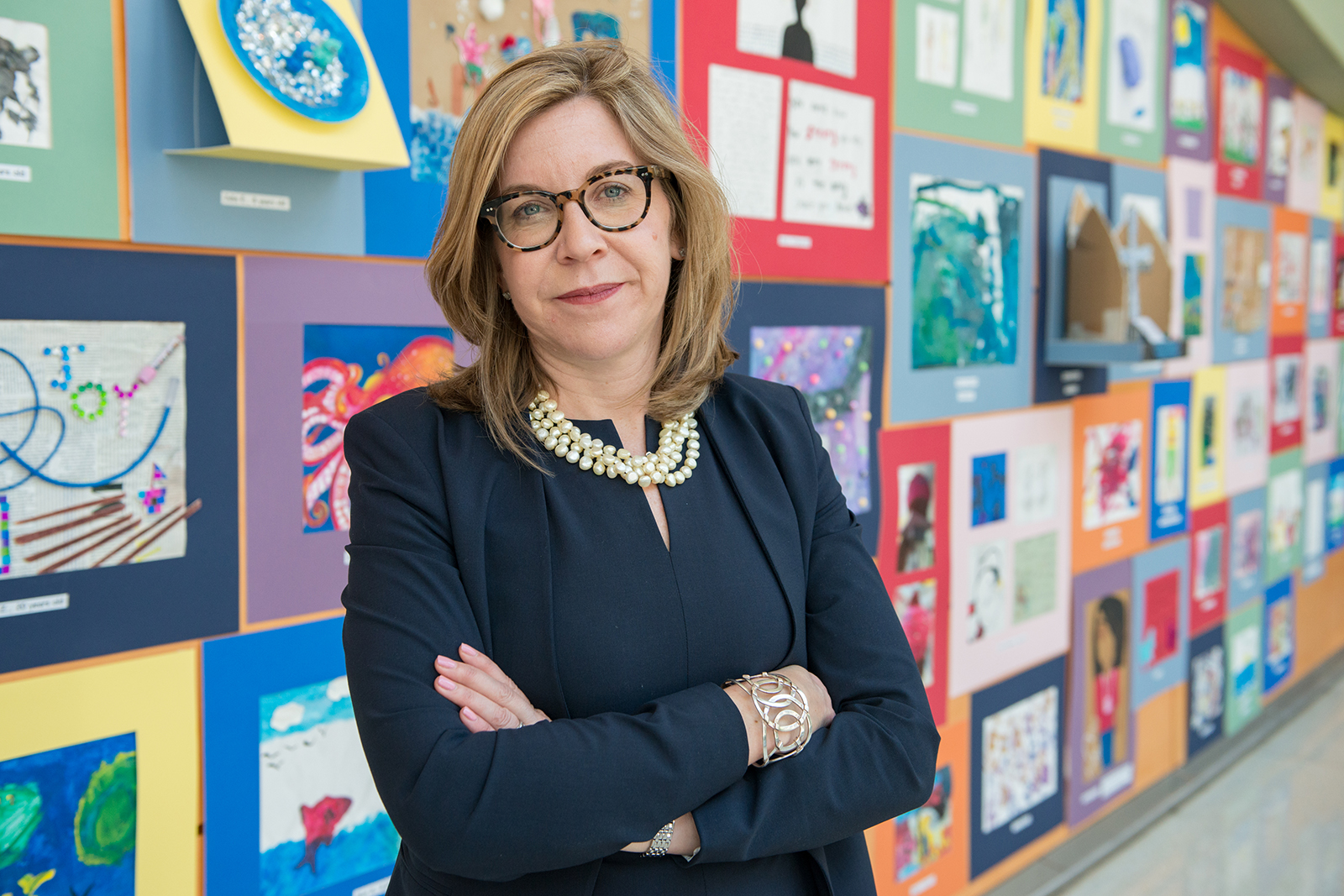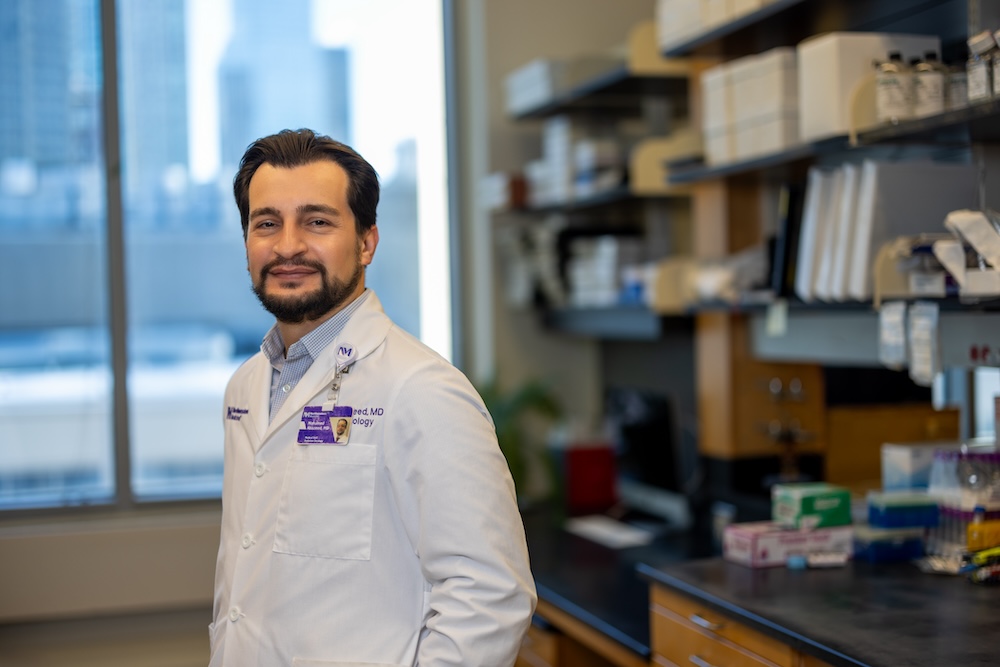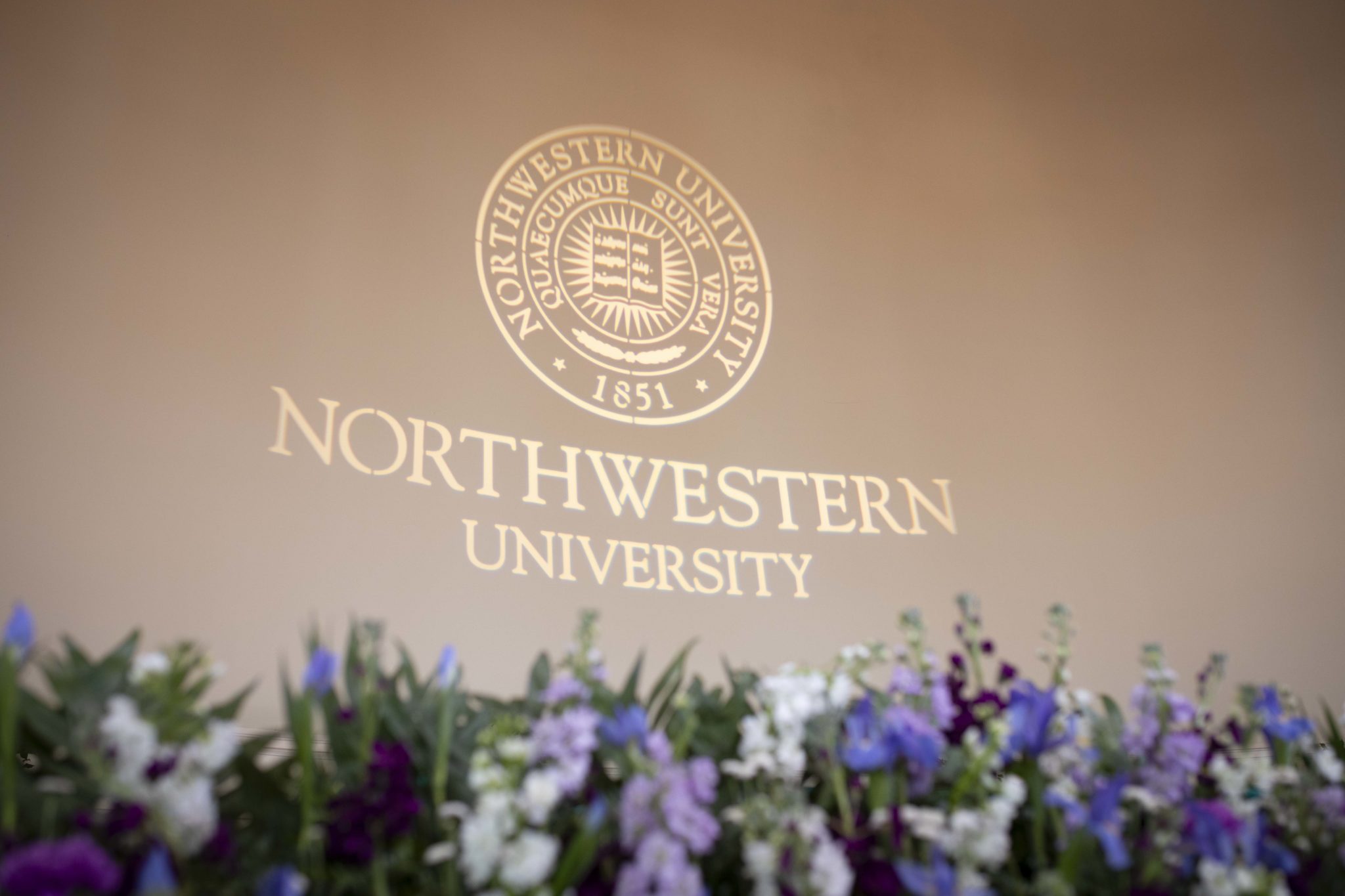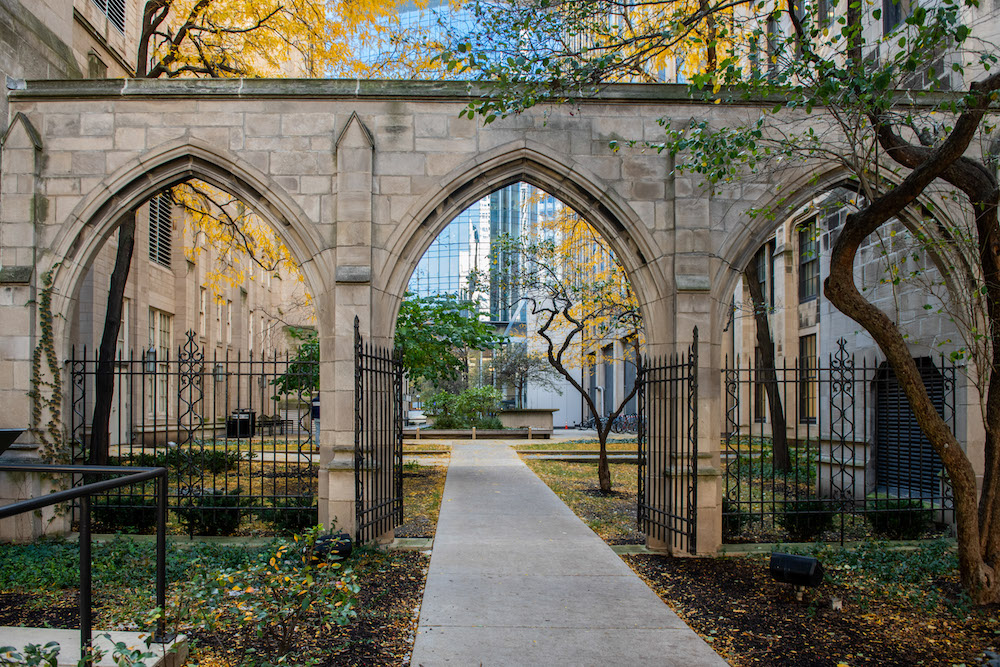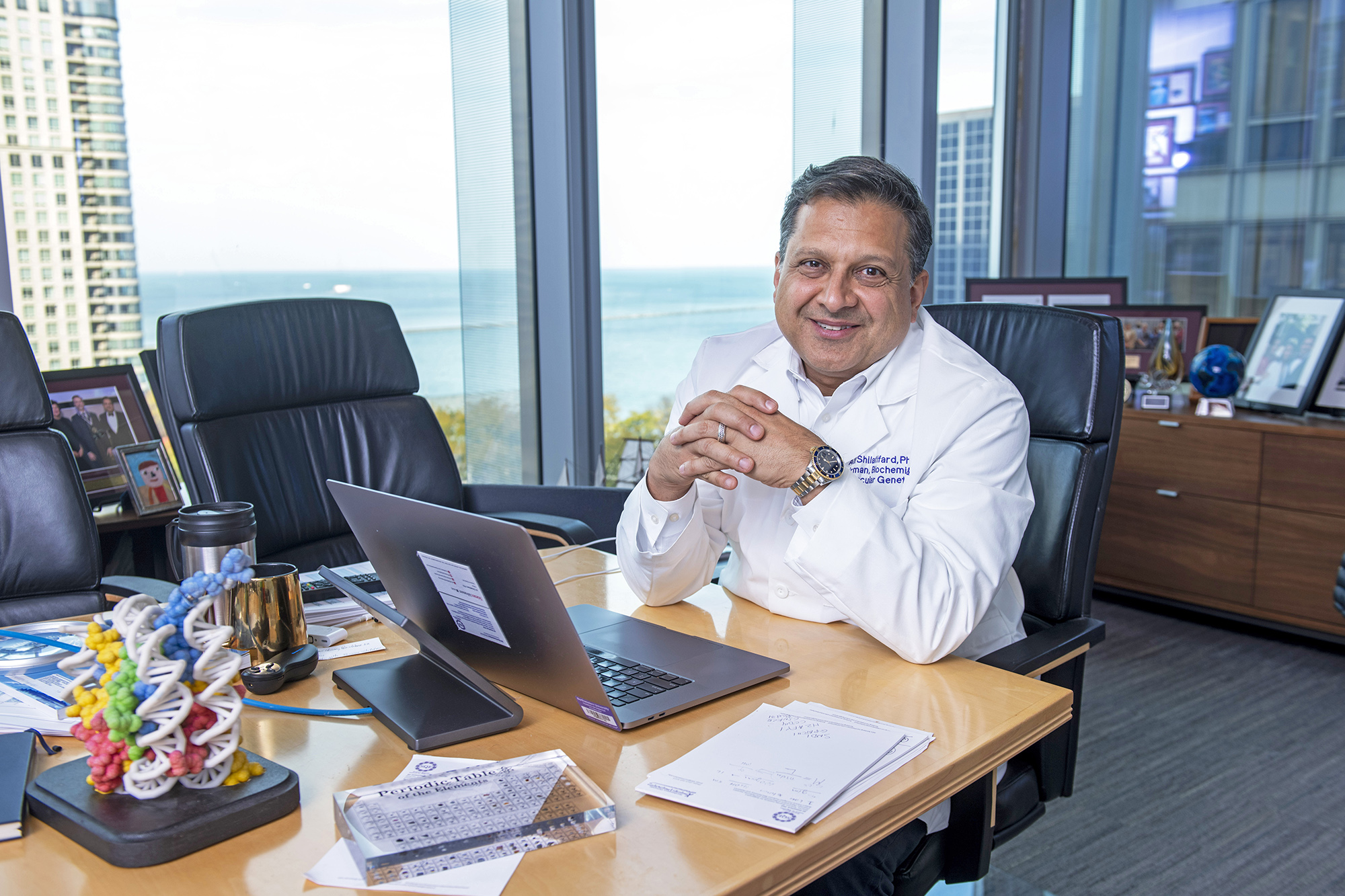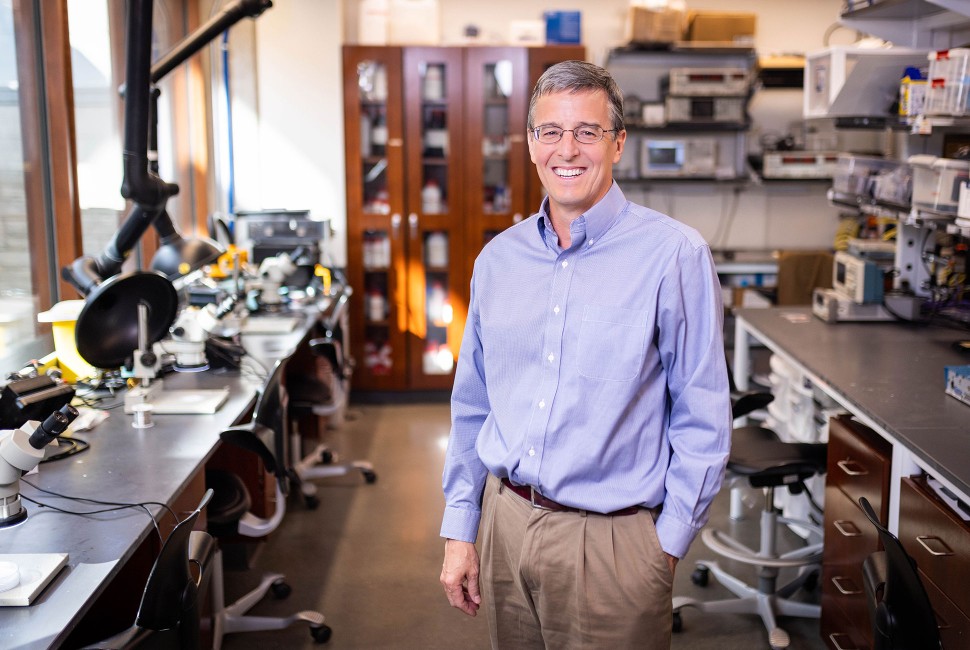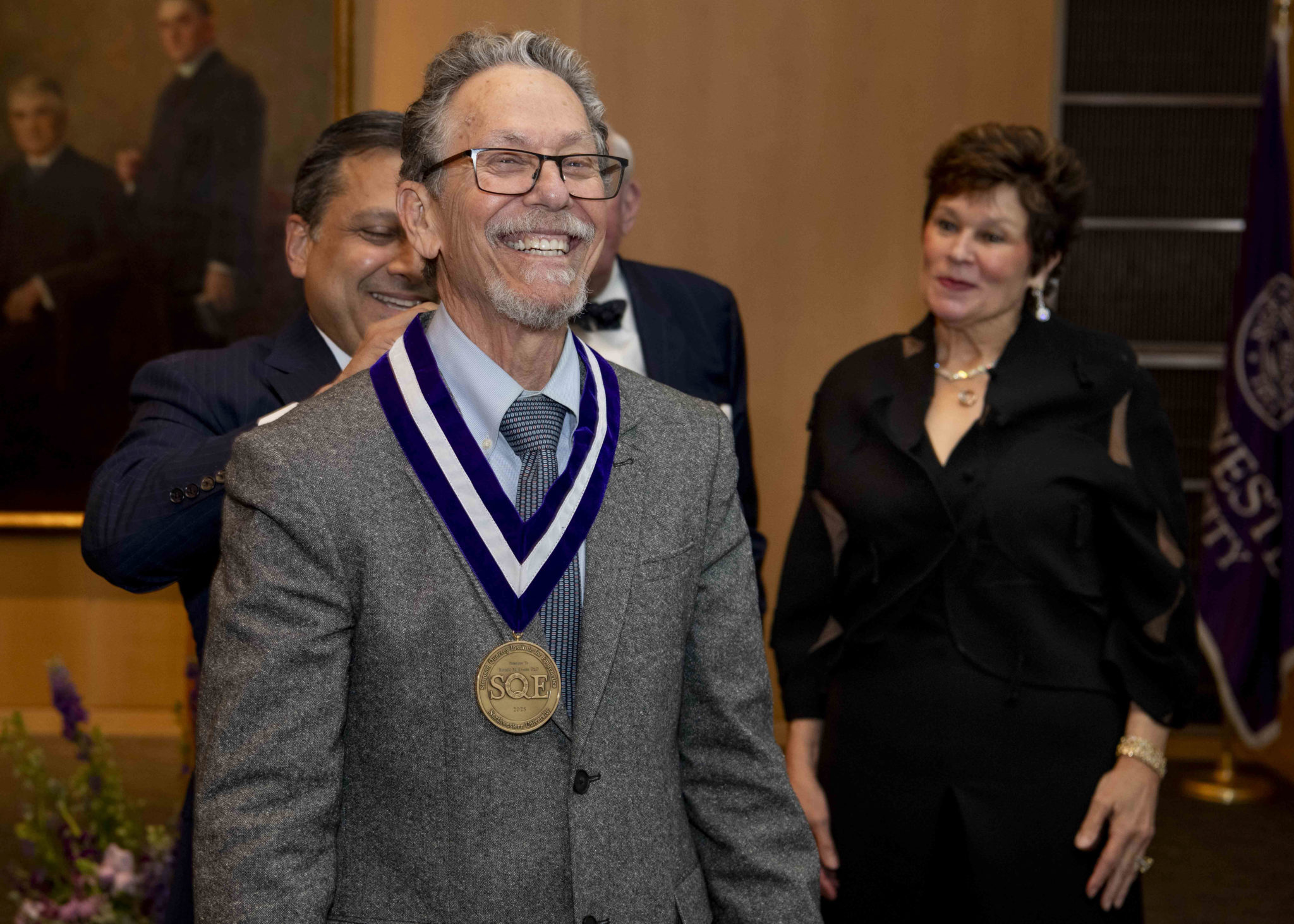Home / Campus News / From Discovery to Delivery
From Discovery to Delivery
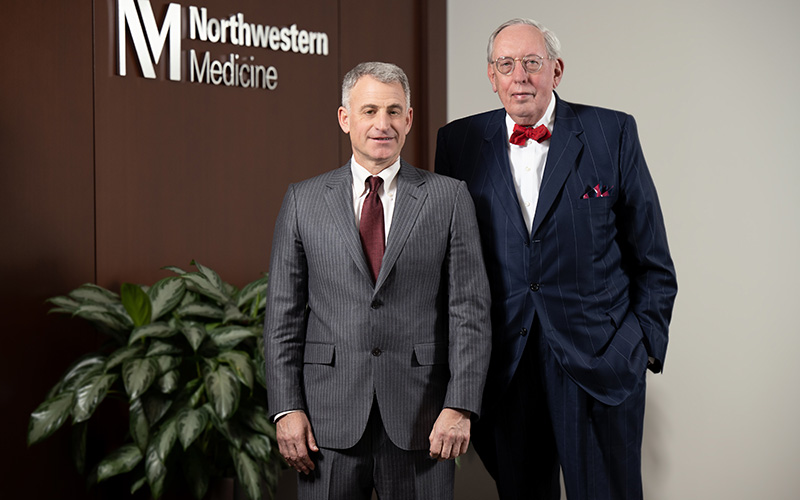
At Northwestern Medicine, we aspire to be a destination for world-class care and talent and to be globally recognized for the advancement of healthcare, from discovery to delivery. This is an exciting time, as the field of medicine evolves at a rapid pace, with many clinical and translational breakthroughs discovered — and delivered — by our faculty and trainees in just the past year.
The Comprehensive Transplant Center at Northwestern University Feinberg School of Medicine and Northwestern Medicine Canning Thoracic Institute have been doing groundbreaking work, particularly through the DREAM Program for patients with advanced lung cancer. In a first for Northwestern Medicine, surgeons performed a double-lung and liver transplant; the patient, a physician from California, showed no signs of cancer six months after surgery. He joins several other patients who had been given a terminal diagnosis before coming to Northwestern Medicine only to be deemed cancer-free after getting a double-lung transplant through the program. (You can read more about the historic growth of the transplant program in this issue on page 23.)
Northwestern Medicine Bluhm Cardiovascular Institute and the Feinberg Cardiovascular and Renal Research Institute continue to lead in cardiovascular care, particularly in the area of atrial fibrillation (AFib). This year, the Bluhm Cardiovascular Institute team became the first in Illinois to offer the new, minimally invasive procedure called pulsed field ablation to treat AFib.
In this environment ripe with the promise of discovery, our students and trainees have wonderful new opportunities to learn from our physicians and scientists who are shaping the future of medicine.
In an exciting collaboration between the university and the academic medical center, our neurosurgery team became the first in the U.S. to successfully use the Hubly Drill, invented by Northwestern University student Casey Qadir, to save the life of a patient in the ICU. Qadir studied neurosciences as an undergraduate and created the drill through a post-graduate course called NUvention Medical, funded by Farley Center for Entrepreneurship and Innovation at Northwestern University. The drill is said to be faster, safer, and more accurate than standard hand-crank drills and has the potential to make a major impact on the field of neurosurgery.
We are celebrating other “firsts” that you can read about in this issue. On page 26, you will find an interview with Susan Quaggin, MD, the first woman to serve as chair of the Department of Medicine. On page 16, you will read about the Potocsnak Longevity Institute’s newly opened Human Longevity Lab, which seeks to develop methods to improve the human lifespan so people can live longer, healthier lives. And on page 20, you will learn about a novel study from Northwestern Medicine investigators and their collaborators that created T-cells 100 times more potent at killing cancer cells without toxicity.
In this environment ripe with the promise of discovery, our students and trainees have wonderful new opportunities to learn from our physicians and scientists who are shaping the future of medicine. Our commitment to training the next generation of medical professionals and physician-scientists has never been stronger; our Research Intensive Scholarly Emphasis (RISE) program and Area of Scholarly Concentration (AOSC) for students and Starzl Academy for trainees have substantially elevated our academic accomplishments. In addition to our faculty h-index of 187 (14th among top 20 medical schools), our graduating MD classes now average more than 500 publications collectively, which garnered 10,000 citations in the past year. For the 2024 graduating MD class at Feinberg, 68 percent will begin residencies at top 25 institutions nationwide, and 21 percent are members of the Alpha Omega Alpha (AOA) medical honors society. We are proud of their accomplishments and wish them all the best as they go forward. And we are delighted to welcome our new class of stellar residents to campus. This year, 41 percent of our new residents matched from a top 25 medical school, and 28 percent are members of AOA.
Our students and trainees are poised to leave an indelible mark on their chosen field, and we could not be prouder.
With warm regards,
Eric G. Neilson, MD
Vice President for Medical Affairs
Lewis Landsberg Dean
Northwestern University Feinberg School of Medicine
Howard B. Chrisman, MD
President and Chief Executive Officer
Northwestern Memorial HealthCare

